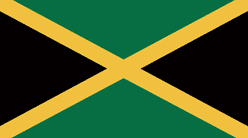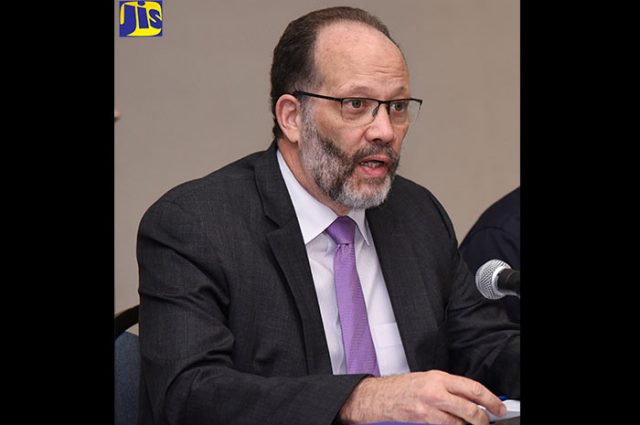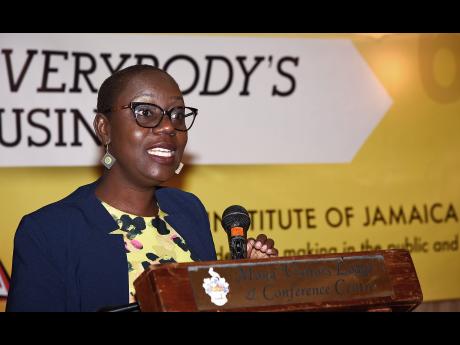MONITORING OF PRIVATE EMPLOYMENT AGENCIES
This Unit monitors private employment agencies and ensures that they are registered and licensed to place persons in employment both locally and overseas. It also ensures that the agencies abide by the terms stipulated in the Employment Agencies Regulation Act.
Services:
- Processing applications for licences to operate private employment agencies.
Documents Required:
- Each applicant should ensure that he/she receives a Procedure Sheet indicating the following items and addresses specific to the entities to which payments should be made.
Form 1 – Application form and receipt of payment.
Form 2 – Surety Bond and receipt of payment [Required for overseas license only].
- Proof of Jobs in the form of a Labour Market Impact Assessment (LMIA) for jobs in Canada and a petition for jobs in the United States as well as background information on the overseas partner. [All operators are required to submit contracts with foreign partners containing details about available jobs]
- Letter from the Trustee in Bankruptcy
- Letter from the Commissioner of Police
- Police record
- Completion of Background Information Sheet
- Business registration certificate
- Photo Identification
- Tax payer Registration Number
- Recent Utility Bill
- Passport size photograph
Candidates must:
- be over the age of 25
- be a Jamaican national or
- possess a Work Permit relating to the activity or
- be a CARICOM National (under the rights of establishment)
- have a physical place of business as required by Law
How to Access the Service:
- The prescribed forms are to be completed and signed by the applicant and the relevant fees paid at the island’s Collectorates. [Stamp & Tax Offices]
- All supporting documents must also be attached.
- Each additional location must have its own individual license
How the Service Operates:
- Applicants are required to attend an interview with a compliance officer in the Employment Agencies Unit and submit the required documents verifying the registration of their business and proof of jobs.
- Individual fees are then paid to the relevant collection authorities.
- All receipts and supporting documents are submitted to the Employment Agencies Unit and an inspection of the premises is done to ascertain suitability.
- Inspection reports and documents are reviewed then sent to the Licensing Officer [Permanent Secretary] for final decision
- The applicant is advised of the outcome and if granted the licence may be collected personally or by an authorized individual.
Key Information:
The licensing fee which is paid at the Inland Revenue Department under the Act is:
$15,000 JMD for overseas placement
$10,000 JMD for local placement
$5,000 JMD for renewal of the licence
- A security bond of $500,000 JMD must be furnished and a stamp duty of $7,500 JMD paid.
- All documents are accessible at the Ministry of Labour and Social Security, 1F North Street, Kingston or at any Parish Office island wide. [The Form 1 and 2 are also available online]
- An application is not considered complete and will not be accepted until ALL the required documents are submitted.
- Processing time of an application – maximum 30 working days.
- All approved agencies are listed on the MLSS website at www.mlss.gov.jm and the LMIS website at www.lmis.gov.jm
- Registration fees charged by employment agencies may not exceed $2,500 JMD for a 12 month period.
- Placement fees charged by overseas employment agencies may not exceed $45,000 JMD.
- Placement fees charged by local employment agencies may not exceed a one time deduction of 1/3 of the first week’s pay
- It is important to note that if the applicant is given a job but is refused entry (visa denial) into the country or cancelled for any reason the agency must refund no less than 75% of the placement fee.


 09
09  09
09  06
06  16
16  11
11 

 21
21